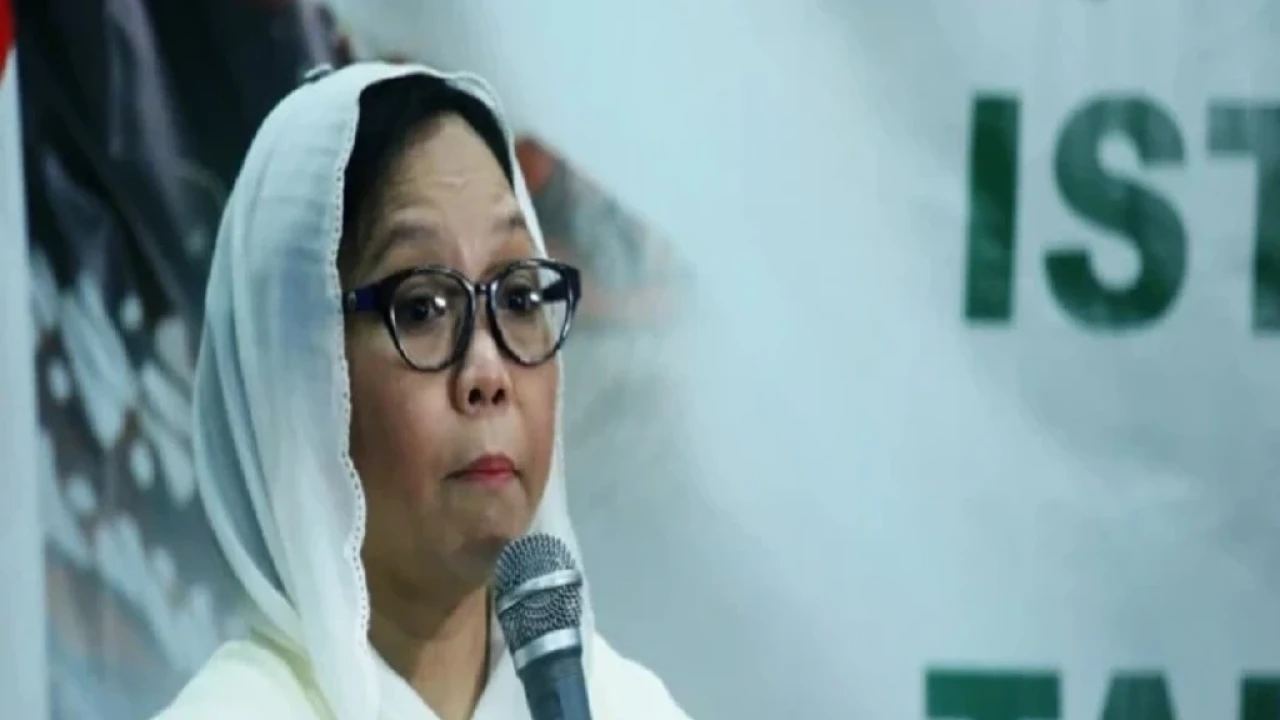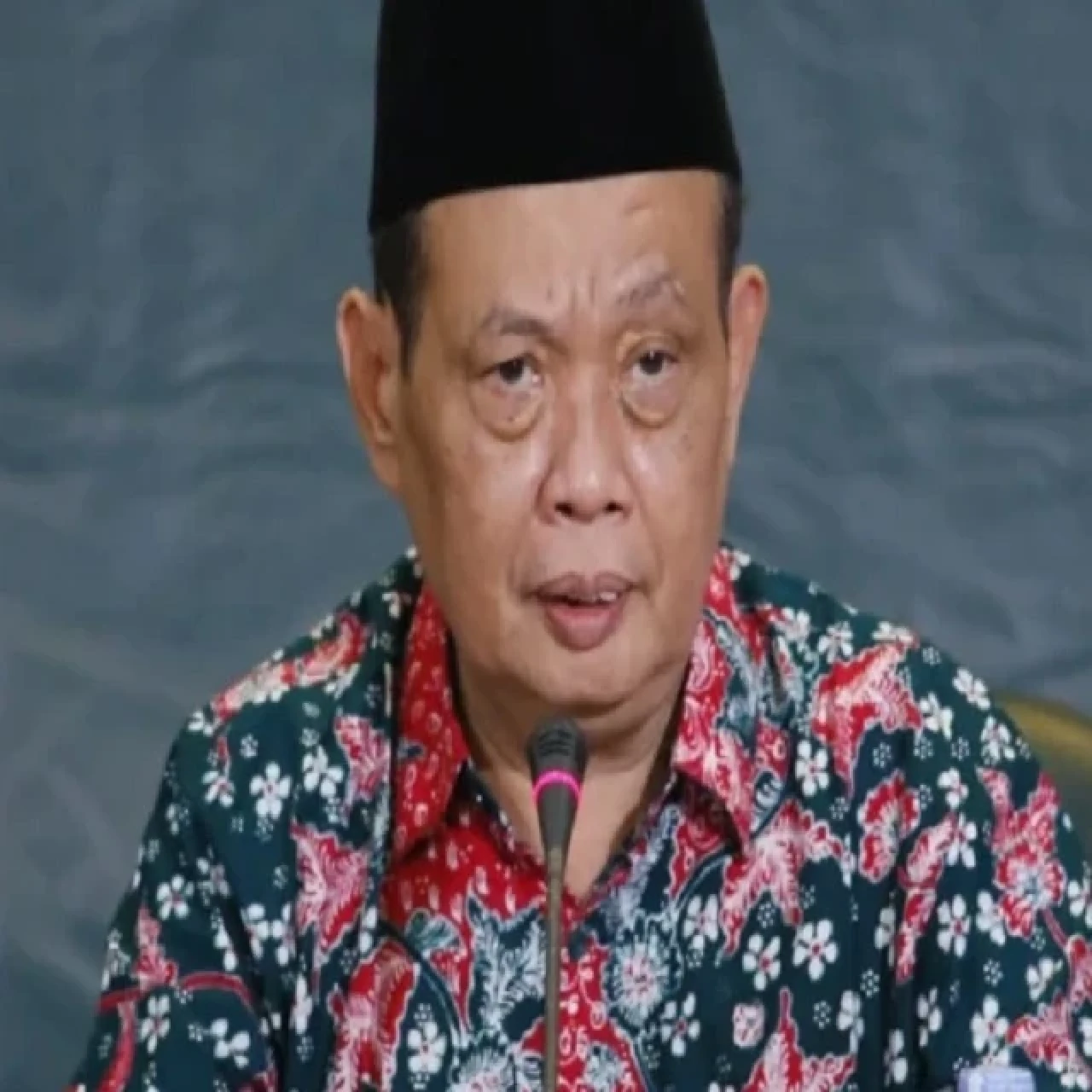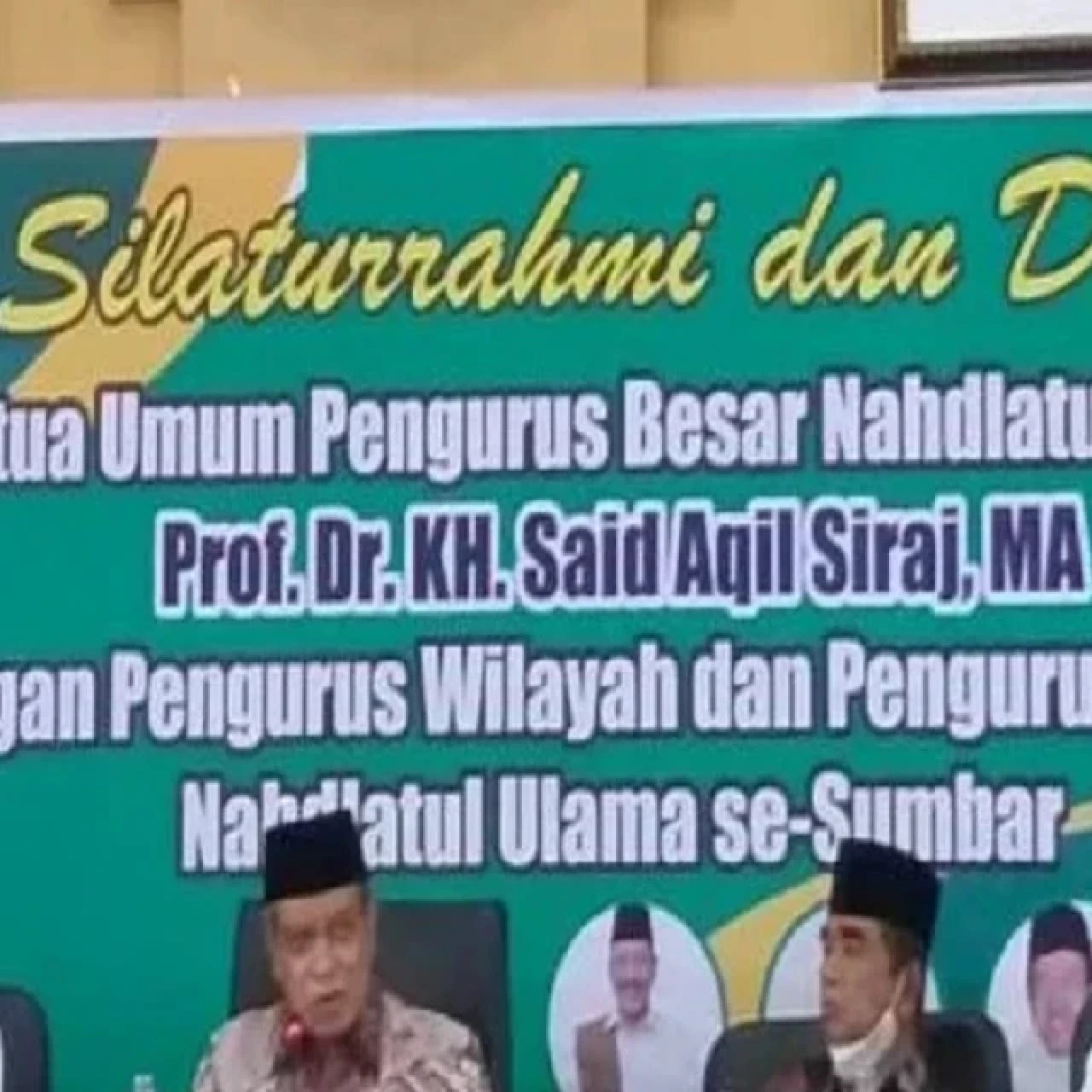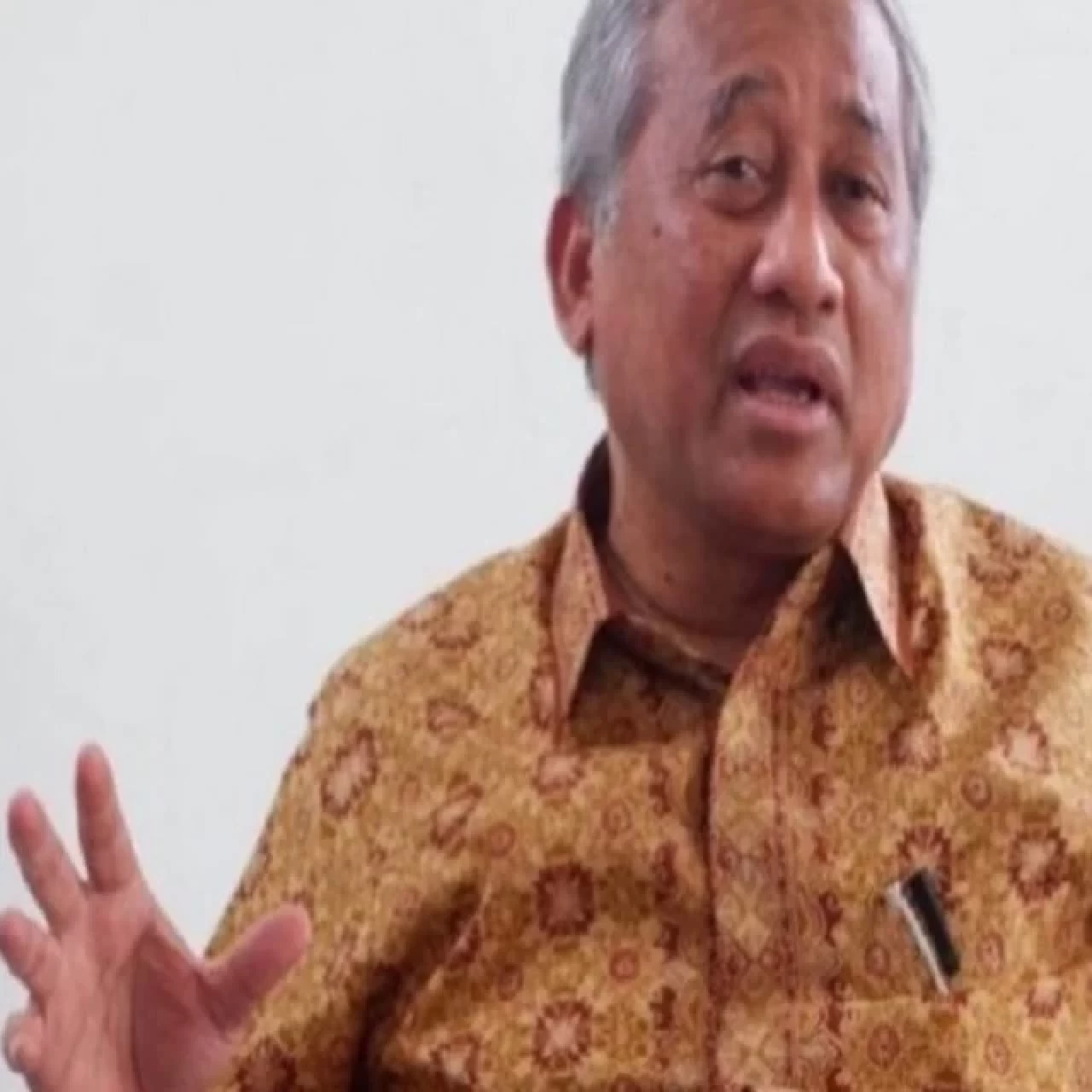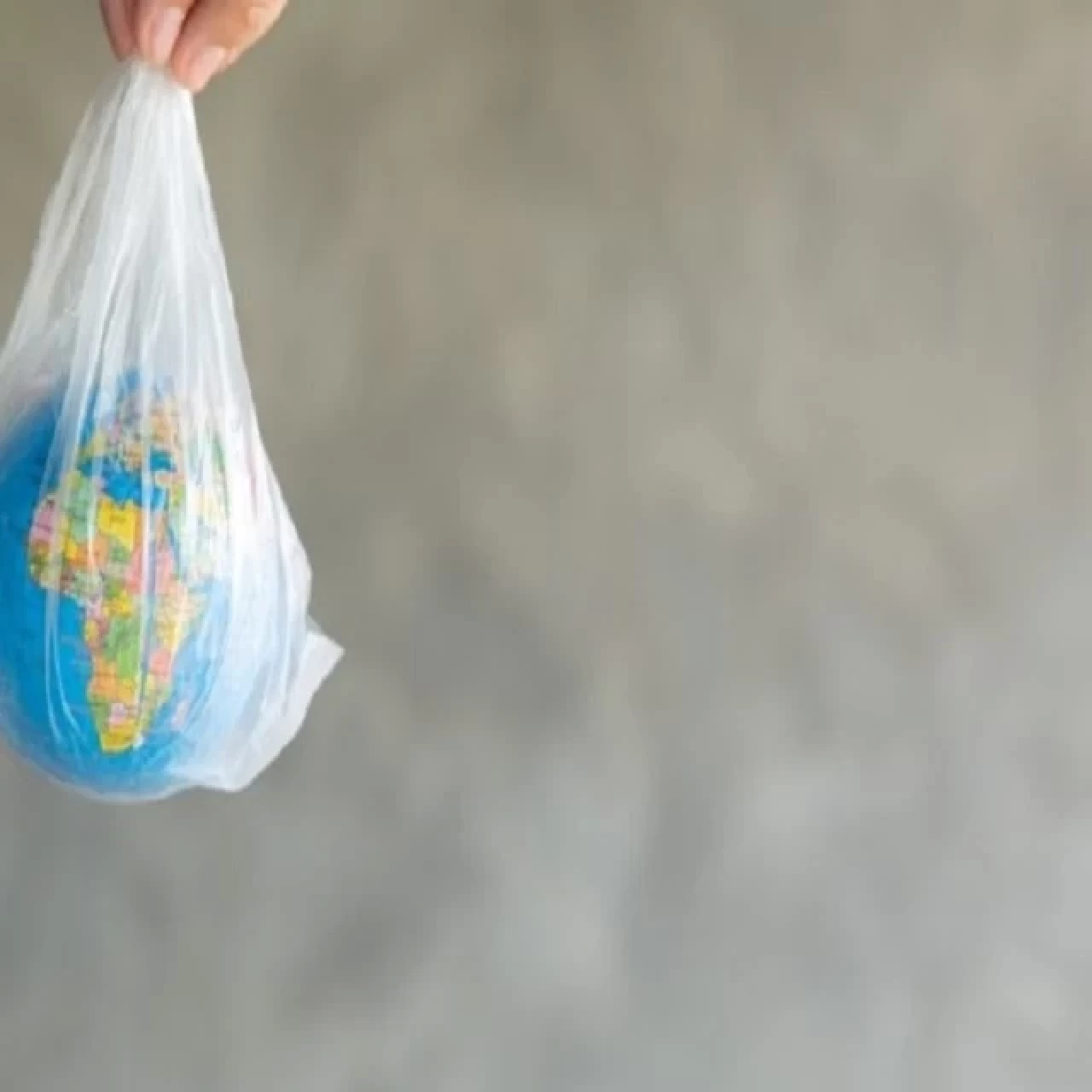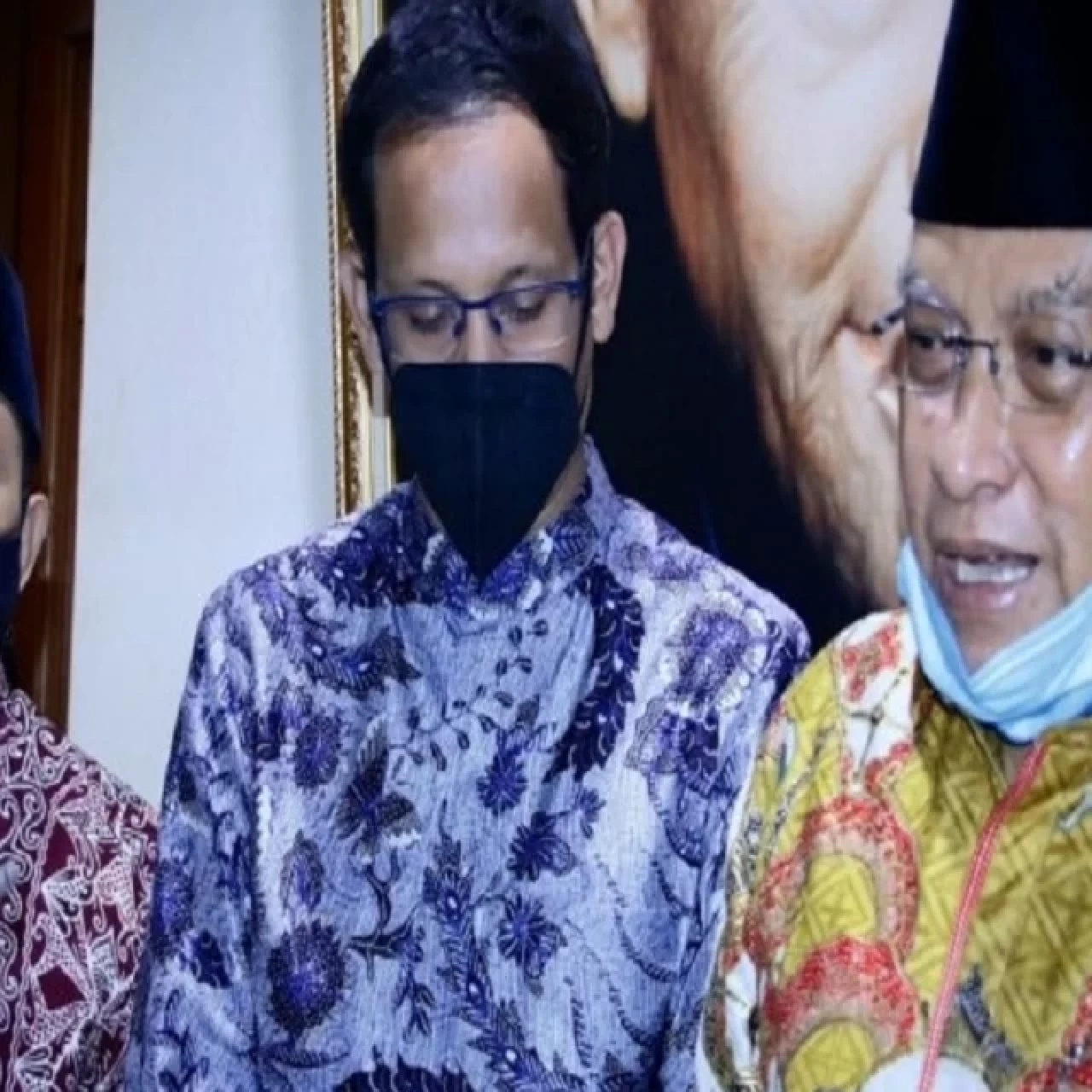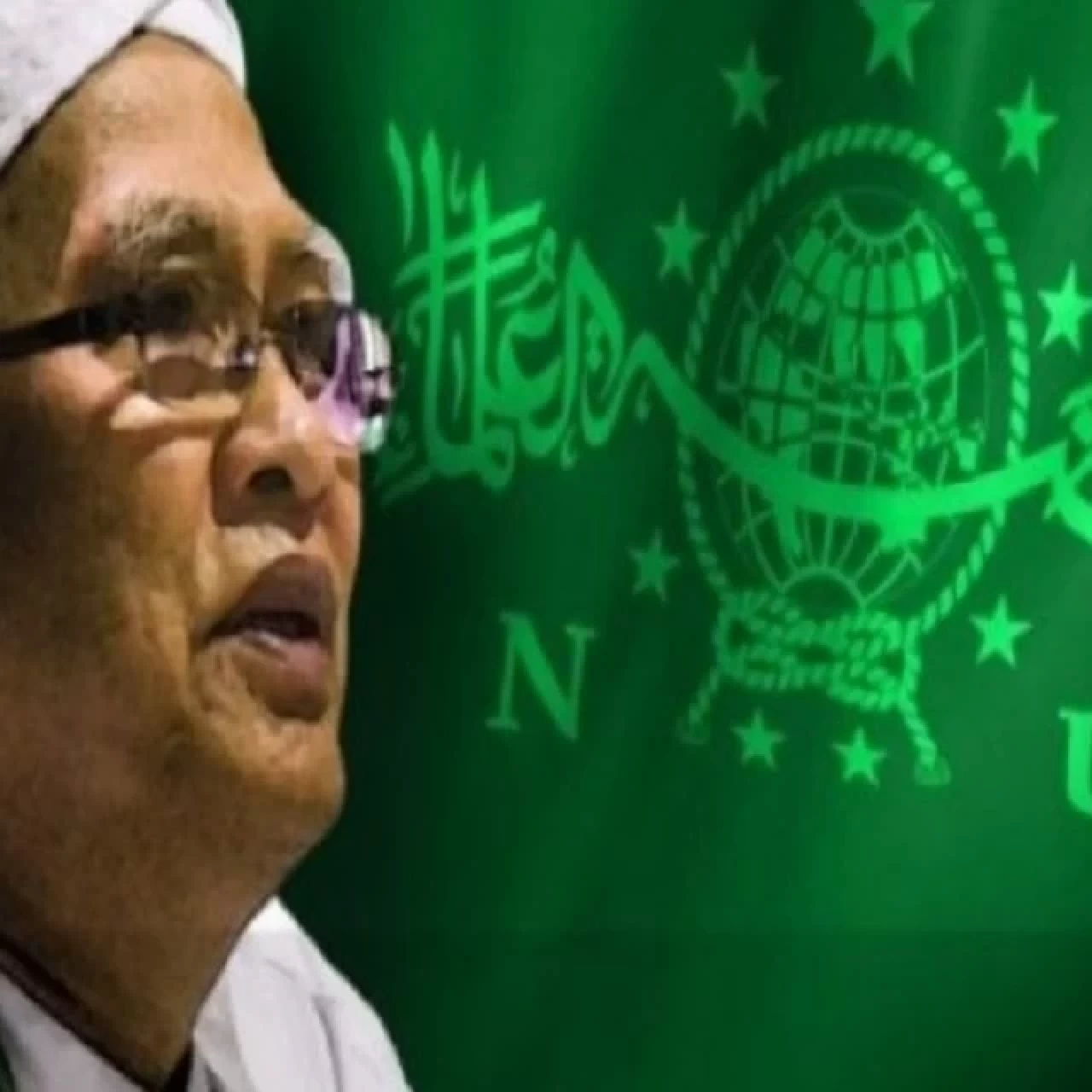Recommendation Commission considers the importance of economy and welfare
NU Online · Rabu, 1 Desember 2021 | 16:25 WIB
Jakarta, NU Online
The Recommendation Commission of the NU 34th Congress held a Focus Group Discussion (FGD) taking up the issue of economy and welfare on Wednesday (1/12/2021). This online FGD was conducted to prepare the draft for the NU 34th Congress as the highest decision forum.
"Our theme today is very important because the economy and welfare are still the NU's homework," said the Head of the Recommendation Commission Alissa Qotrunnada Munawaroh Wahid when opening the FGD on the economy and welfare.
She said the current number of NU members was estimated at 90 million people. Meanwhile, 27 million people are categorized as poor. According to Alissa, the number of poor people is most likely dominated by NU members.
“That is a sign that we still have homework to develop a welfare strategy. Specifically, (the strategy) on how NU is not marginalized from the context of economic policy," said the eldest daughter of KH Abdurrahman Wahid (Gus Dur).
She hoped that from the discussions invloving experts and academics, the NU Congress Recommendation Commission could get very good input so that recommendations would be issued regarding the economy and welfare.
“(The recommendation) is not just something that is in the air but must be followed up and has a direct impact on NU members. So, the task of this recommendation commission is to think about any matters in the larger context of NU. Both at the national and global levels, which have an impact on NU members or vice versa, NU members can contribute. It must be formulated through a recommendation commission,” said Alissa.
On that occasion, the Director of the Vocational Education Program at the University of Indonesia, Padang Wicaksono, explained the impact of the Covid-19 pandemic on human resources (HR) in Indonesia.
He explained that one of the categories of population that should be concerned about welfare were the youth and workers. Both groups are included in the context of human capacity building or the development of human capacity to meet the demographic bonus that will be obtained by Indonesia in 2045. However, they have been affected by the COVID-19 pandemic.
According to Padang, community and religious-based social organizations need to contribute to skill development or skill improvement. This is done through the Work Training Center (BLK) or specifically the Community BLK as part of the solution. "Because most of the organizers of the Community Work Training Center are Islamic boarding schools," said Padang.
He encouraged religious organizations such as NU to maintain relations and enhance cooperation with the government, as well as the business world, to produce innovative forms of cooperation in strengthening the people economy and welfare.
"Community-based organizations must also be adaptive so that their presence is felt to be relevant to the needs of the surrounding community," said Padang.
Reporter: Aru Lego Triono
Editor: Sudarto Murtaufiq
Terpopuler
1
Khutbah Jumat: Ramadhan dan Kesempatan yang Tidak Selalu Terulang
2
Innalillah, Ulama Mazhab Syafii asal Suriah Syekh Hasan Hitou Wafat dalam Usia 83 Tahun
3
Kultum Ramadhan: Lebih Baik Sedikit tapi Istiqamah
4
Khutbah Jumat: Ramadhan, Melatih Sabar, Memperkuat Syukur
5
Keluar Mani yang Tidak dan Membatalkan Puasa
6
Khutbah Jumat: Tiga Kebahagiaan Orang Puasa
Terkini
Lihat Semua

